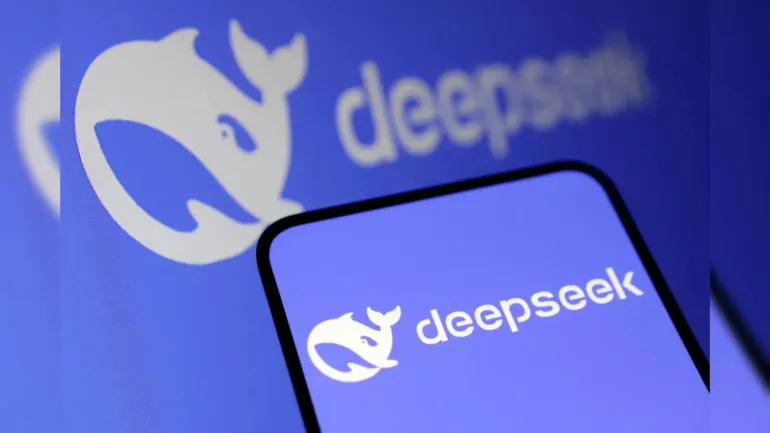China-based DeepSeek made waves in the generative artificial intelligence (GenAI) space earlier this year with its low-cost yet high-performance model, challenging the dominance of industry giants like OpenAI and other well-funded players.
Since late 2022, a select group of AI assistants, including OpenAI’s ChatGPT, Anthropic’s Claude, and Google’s Gemini, have reigned supreme, driven by massive investments in engineers, data centers, and high-performance AI chips. However, DeepSeek disrupted the sector with its R1 model, which the company claims cost around $6 million to develop and is powered by less advanced chips.
Although experts suspect the actual cost may be higher than DeepSeek claims, the R1’s debut sparked discussions about how GenAI assistants are evolving into a more accessible commodity, thanks to rapid innovation and market dynamics.
“The first company to train models needs significant resources to get there,” said Angelo Zino, senior equity analyst at CFRA. “The second mover can reach that point faster and at a lower cost.”
At this week’s HumanX AI conference in Las Vegas, Hugging Face co-founder Thomas Wolf emphasized that launching GenAI models is becoming cheaper, and the specific model used is becoming less critical.
“We are moving into a multi-model world, which is a positive development,” said Wolf, citing the lukewarm reception to the latest version of ChatGPT.
Staying competitive
OpenAI’s Chief Product Officer Kevin Weil pushed back against the idea that all models are becoming indistinguishable. “That’s not true,” Weil asserted. “The days of having a 12-month lead are probably over, but we still have a three- to six-month lead, and that’s incredibly valuable.”
Weil explained that OpenAI’s vast user base, which now exceeds 400 million, gives the company an advantage by continually improving its models through massive amounts of traffic data. “OpenAI has the Google advantage of being the name everyone remembers,” said Fen Zhao, research director at Alpha Edison.
Jeff Seibert, CEO of AI startup Digits, agrees that OpenAI will remain competitive for advanced use cases, but believes the gap will eventually narrow. “For many applications, the difference won’t matter as much,” Seibert added, advising entrepreneurs to design flexible technology that can accommodate different GenAI models as the industry evolves.
The shift to more accessible models
Advances in chip technology and optimization techniques have significantly reduced the cost of designing large language models (LLMs), the backbone of ChatGPT, Gemini, and other competitors. The rise of open-source LLMs has also spurred rapid innovation, as developers can now freely improve and build upon existing models.
As the “first-mover advantage” of closed-model companies like OpenAI and Anthropic diminishes, their valuations may have peaked, according to Zino. SoftBank’s $40 billion investment in OpenAI in February valued the startup at $300 billion, nearly double its valuation from the previous year.
However, the cost of operations is steep. “If you’re burning a billion dollars a month, as OpenAI likely is, you have to keep raising money,” said Jai Das of private equity firm Sapphire Ventures. “It’s hard to see how they’ll generate enough revenue to cover those costs.”
Anthropic, a leader in responsible AI, raised $3.5 billion in early March, bringing its valuation to $61.5 billion.
As the landscape shifts, the generative AI market is rapidly evolving, with new players like DeepSeek emerging, and established giants working hard to retain their competitive edge.
AFP


